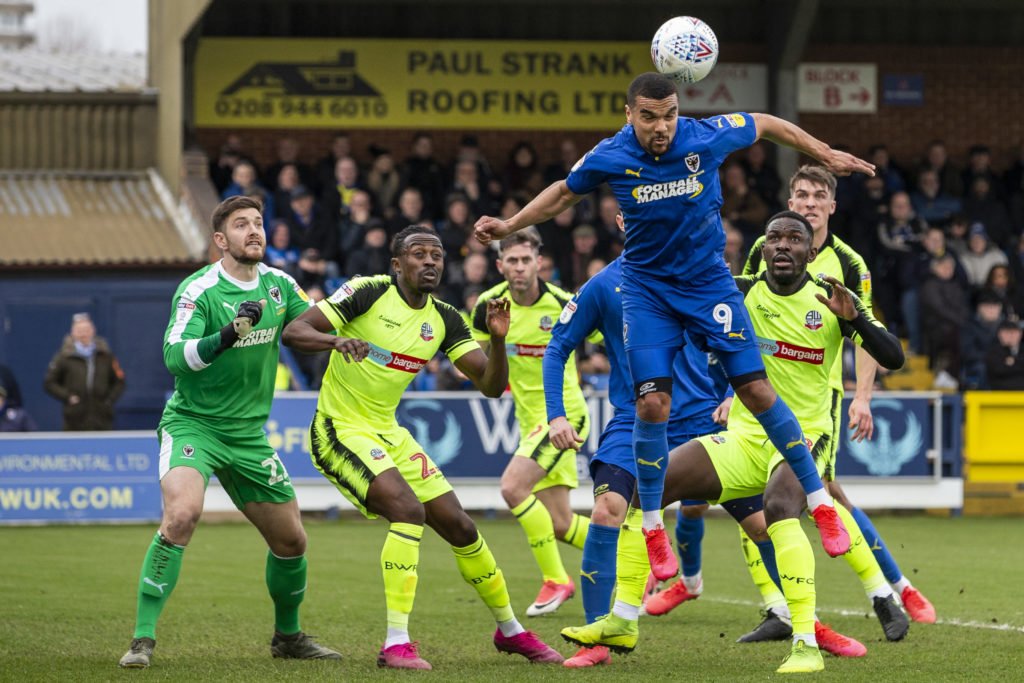"Those discussions culminated in today's divisional vote, with representatives of League One and League Two clubs opting to implement the new measures in place of the existing salary cost management protocols."

League One & Two clubs vote to introduce salary cap
Plans for salary caps in League One and League Two are “unlawful and unenforceable” says the Professional Footballers Association.
Clubs voted for a limit of £2.5m and £1.5m for the respective divisions.
Wages, bonuses, taxes and image rights, plus agents’ and other relevant fees, will be included within the cap but bonuses gained from promotion or progression in cups will be exempt.
Clubs will be fined or face further sanctions if they exceed the limits.
The PFA reacted to Friday’s votes by saying it is “disappointed with the outcome”.
“The English Football League (EFL) has ignored its legal obligation to consult with the PFA and the Professional Football Negotiating and Consultative Committee,” it added in a statement.
“As such, the legal advice we have received is clear that the salary cap envisaged by the EFL would be unlawful and unenforceable.
“The PFA has already served its notice of arbitration on the EFL and until such time that arbitration is determined one way or another the new regulations should have no effect.
“While we share the league’s commitment to protecting the long-term sustainability of the leagues, the salary cap proposals voted on today have been rushed through without the proper consideration or consultation.”
The financial positions of clubs, particularly outside the top two divisions in England, have been brought into focus in recent months because of the coronavirus pandemic.
In June, a majority of League One and Two clubs voted to curtail their respective league seasons, with the financial impact cited by many as a primary reason to end the campaign early.
Talks ‘healthy and constructive’ – EFL
Announcing the outcome of the vote, an EFL statement said: “The decision follows extensive and comprehensive consultation with all clubs in respect of addressing sustainability and wage inflation issues across the EFL, which were initiated prior to the suspension of football in March following the Covid-19 outbreak and have continued during the course of the summer.
The statement added that clubs in the third and fourth tiers are talking about “additional measures aimed at addressing club financial sustainability”, while Championship clubs are continuing discussions “in respect to amendments to their own financial controls”.
EFL chief executive David Baldwin added: “The term ‘salary cap’ is an emotive one, creating the impression of a restrictive measure but we are clear in our view that this is neither the objective nor the likely effect of these changes to EFL regulations.
“The financial impact of Covid-19 will be profound for EFL clubs and today’s vote will help ensure clubs cannot extend themselves to the point that could cause financial instability.
“Over the last two weeks the discussions amongst clubs in both Leagues One and Two have been healthy and constructive, allowing us to reach a clear consensus and I am pleased that the clubs have determined to adopt the new approach.
“We will now work with all clubs, the PFA and, where appropriate, other stakeholders to implement the new rules and continue our efforts to bring long-term sustainability to the EFL.”
What happens if a club exceeds the cap?
If a club is over the salary cap by up to 5%, they will face a financial penalty for every £1 by which they exceed the limit.
Any club exceeding the ‘overrun’ will be referred to an independent disciplinary commission for further sanction.
And what about clubs moving between divisions?
The EFL says “transition agreements” have been incorporated for relegated clubs and players on longer-term contracts.
Their statement added: “Any contract entered into on or prior to the vote will be capped at an agreed divisional average until that contract expires.
“Moving forwards, clubs that are relegated will be permitted to cap all contracts at the divisional average prior to the club’s relegation until those contracts expire.”
Original article 07.08.20 on The BBC Sport website.
To view the original article click here
© The Fan Experience Company 2020
